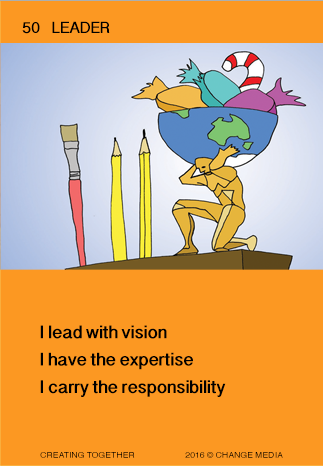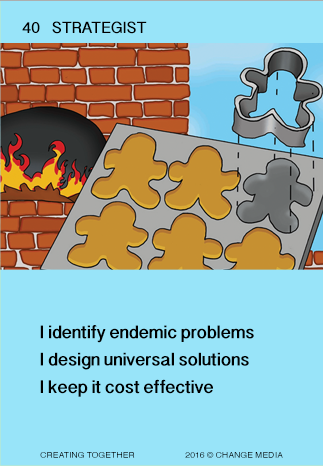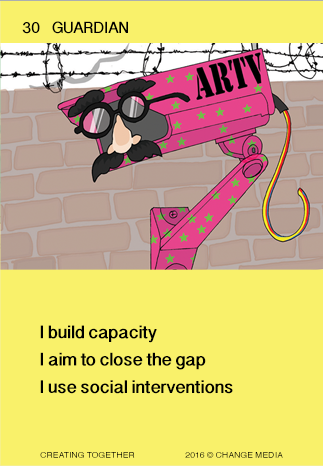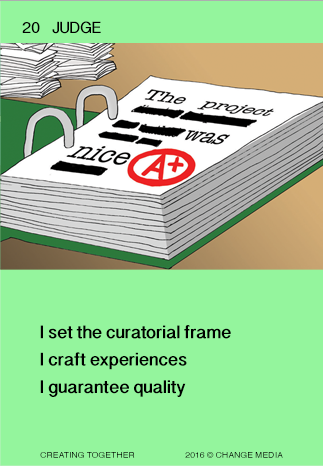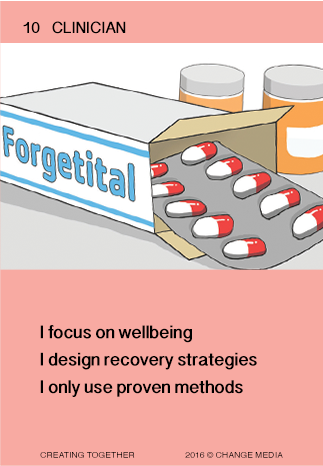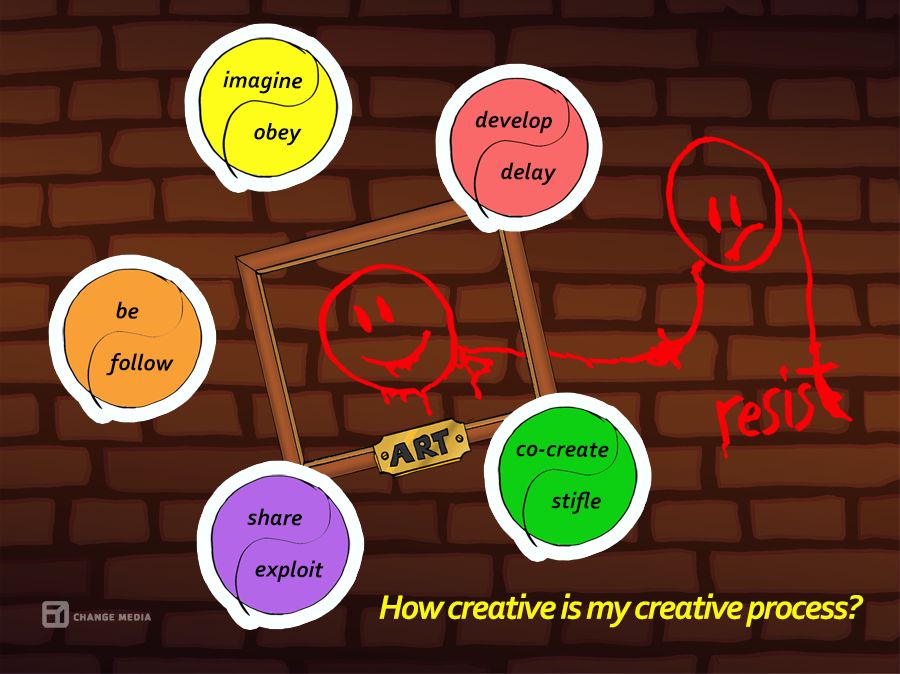Play
How can we joyfully play together?
How do you collaborate?
An invitation to play
Play is joyful, chaotic, dynamic, and truly collaborative. Play is about constantly negotiating the rules. Play involves curiosity and taking risks. Play requires flexibility and mindfulness.
"You can discover more about a person in an hour of play than in a year of conversation." - Plato
Challenge the Dictators
The Dictators attempt to empower others, but dominate, dictate and expect others to follow their lead.
They believe they can lead others to improve social conditions and struggle with collective decision making. They lead in the struggle for em-betterment, to uplift others, and believe they may need to dominate others once in a while for the common good.
When we are involved in group activities, there are a system of rules (hidden or obvious social contracts about acceptable group norms), that define our behaviours. Often we allow someone to call the shots, especially if they display 'leader' qualities. It is powerful to remember that at any given moment we can renegotiate these rules.
Questions
Can I create a playful engagement with others as a felt, tactile exchange of values and beliefs, so that we can negotiate our diverse stories, resources, actions and outcomes?
Why do I want to create with others? Could I do this differently?
How transparent is the process and rule-setting? Is participation voluntary?
Who benefits from my expertise? Who else could do my job?
How can I be allowed to fail, learn and grow - and enable others as I stumble through this?
We use a 5-point cyclical model to explore how we play in our collaborative processes.


